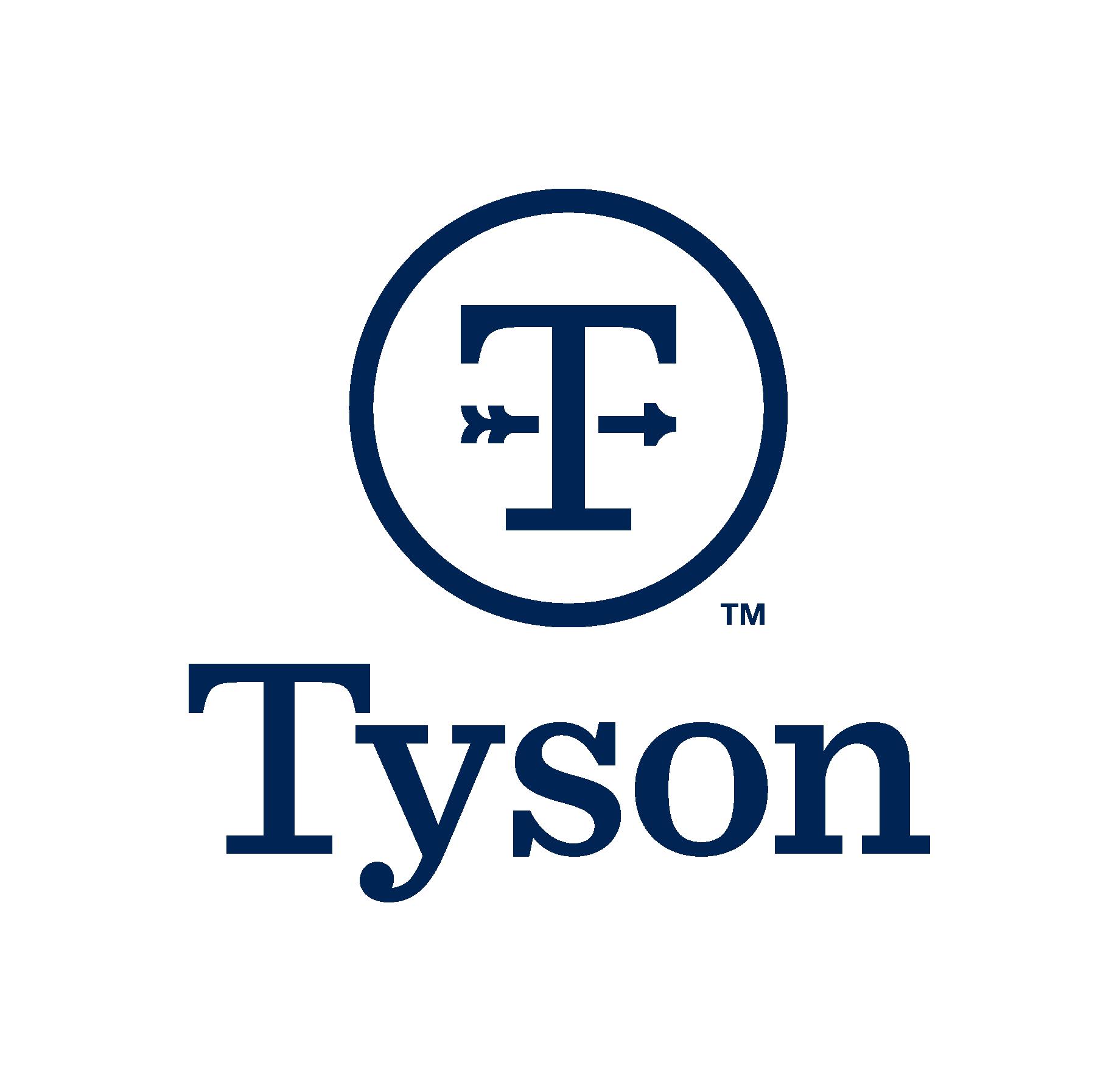Hewlett Packard Enterprise announced innovations that transform HPE Storage into a cloud-native, software-defined data services business.
As part of today’s news, HPE unveiled a data services platform that delivers on its Unified DataOps vision for a new data experience that brings a cloud operations model to wherever data lives and unifies data operations.
The new platform is designed to address the data explosion edge-to-cloud, collapse the silos and complexity that plague data environments, maximize agility and innovation, and reduce business risk.
Edge-to-cloud PaaS
The new announcement marks an important milestone in HPE’s vision to become an edge-to-cloud platform-as-a-service company. The new data services platform, available through HPE GreenLake, consists of three new innovations that simplify data operations from edge to cloud, including:
Data Services Cloud Console, a cloud console that delivers cloud operational agility and unified data operations as a service
Cloud data services, a suite of software subscription services that radically simplify and automate global infrastructure management at scale
HPE Alletra, a new portfolio of cloud-native data infrastructure that powers data edge-to-cloud
HPE President and CEO Antonio Neri said organisations face a complex web of fragmented hardware, software, and manual processes, making it difficult for them to compete and innovate in a constantly changing marketplace.
“HPE was the first to recognize the need to deliver a unified and consistent cloud experience, from edge to cloud, with HPE GreenLake. Today’s announcement builds on this strategy, by enabling our customers to break down silos and leverage data, wherever it resides, with unified data operations,” said Antonio Neri.
As the business worldwide enters the Age of Insight, Antonio Neri said HPE is providing the ideal platform for organizations seeking to apply distributed data to fuel AI initiatives, deliver new customer experiences, and drive digital transformation.”
Unified DataOps
Organizations today are struggling with complexity. As reported by data management research survey of IT decision-makers conducted by ESG for HPE, 93% of IT decision-makers see storage and data management complexity impeding digital transformation and 67% of surveyed organizations see fragmented data visibility across hybrid cloud creating business risk.
Unified DataOps is HPE’s vision for a new data experience that integrates data-centric policies, cloud-native control, and AI-driven insights to eliminate the silos and complexity of data management and infrastructure, drive operational agility across edge-to-cloud, minimize business risk, and accelerate data-driven innovation.
HPE Storage Senior Vice President and General Manager Tom Black said HPE is changing the storage game by bringing a full cloud operational model to our customers’ on-premises environments.
Operational model
“Bringing the cloud operational model to where data lives accelerates digital transformation, streamlines data management, and will help our customers innovate faster than ever before,” said Tom Black.
HPE India – Storage Business Unit Director Kamal Kashyap said Today, as organisations accelerate their digital transformation journey there is a need for them to change the way their data and infrastructure is managed.
“By bringing the cloud operational experience to on-premises environments, we are enabling businesses to break down all the complexity and silos for their data and infrastructure across the hybrid cloud,” said Kamal Kashyap
IDC Senior Vice President, Enterprise Infrastructure, Cloud, Developers, and Alliances Matt Eastwood said it’s getting harder to manage the ever-increasing data flooding organizations.
“HPE’s vision and strategy for Unified DataOps is promising as it takes an original approach to solve this burgeoning problem. As an industry leader, HPE is providing the market with answers for how to capitalize on information, wherever it resides, to transform their business with data,” said Matt Eastwood.
Cloud experience
Today’s introduction of a new data services platform delivers on the Unified DataOps vision with the Data Services Cloud Console, cloud data services, and HPE Alletra – that together bring cloud operational agility and streamline data management for customers.
iland CTO Justin Giardina sid the company is excited that HPE is continuing to innovate in ways that allow us to streamline operations while increasing our agility and ability to continually deliver outstanding services at scale to our global base of partners and customers.
“The operational simplicity provided by the Data Services Cloud Console and HPE Alletra will contribute to our ability to do so,” said Justin Giardina.
Data Services Cloud Console
Data Services Cloud Console is a cloud console that delivers cloud operations and unified data operations as a service.
Designed to deliver a broad collection of cloud data services, it is based on proven, secure, cloud-native technology that underpins Aruba Central – the engine that serves millions of devices connected across tens of thousands of customers in clusters deployed around the world.
Data Services Cloud Console offers a unified API for HPE-led automation for applications, partner-led and custom-built data services, and gives developers access to infrastructure and data as code.
Cloud Data Services
Delivered through the Data Services Cloud Console, HPE is introducing Data Ops Manager for global management of data infrastructure from anywhere, from any device, and intent-based provisioning.
It brings a paradigm shift to data infrastructure provisioning with an AI-driven, application-centric approach that enables self-service, on-demand provisioning, eliminates guesswork, and optimizes service level objectives (SLOs).
HPE Alletra
HPE Alletra is a cloud-native data infrastructure that powers data from edge to cloud. Managed natively by the Data Services Cloud Console, HPE Alletra delivers the cloud operational experience.
It features a portfolio of workload-optimized systems consisting of All-NVMe HPE Alletra 9000 and 6000 systems to deliver architectural flexibility to run any application without compromise.





